Stop the Stigma: Why Sex Education for Teens and Young Adults Should be Improved
February 3, 2023
Uncomfortable does not mean unnecessary. Education is prevention and protection.
Sex education shouldn’t mean “outdated videos and cringe inducing videos on how babies are made.” Sarah Wood, a Reporter from U.S. News argues that quality school-based sex education curriculum should be a more vast topic, conversing on multiple topics such as “ healthy relationships, sexual violence prevention, body image, sexual orientation and gender identity.” “…you’re not encouraging them to become sexually active…You’re giving them the tools to make decisions about their bodies and their lives that best suit them as individuals.” Says Michelle Slaybaugh, director of social impact and strategic communications at SIECUS: Sex Ed for Social Change, a national group that advocates for inclusive sex education.
Sex education, especially in teens and younger adolescents is crucial to the development of both personal and romantic relationships. In fact, the vast majority of parents across the United States agree that sex education should be taught in middle and high schools. So, why arent we talking about it more?
The problem here is not the lack of talk, in fact. It’s the type of talk. Many young people in the United States view the sex education that they receive as outdated and overall, insufficient. Sex education in schools is often made to be awkward, and sometimes it serves as more of a scare tactic than real education.
Sexual violence can happen to anyone, anywhere. There is only one way to reduce the stigmatism that surrounds the topic, to talk about it. Having real conversations about things like consent can make a world of difference.
Consent should never be a blurry line. A simple yes or no may not always be the answer, and it truly never is that simple. Maybe, if that high school girl had been provided with better education on consent, she wouldn’t be sitting in the bathroom on a Friday night, googling if what just happened to her was in fact sexual assault. And maybe if that high school boy had been more formally educated on safe practices and consent, he wouldn’t have done what he did.
You can’t change the past, only the future. That’s why it’s so important that education in schools, homes, and communities improves for future generations. Parents and guardians of young kids play a key role in sex education. “At the end of the day, I think all sex educators want parents to be involved,” Slaybaugh says. “We want to help parents understand that this is not a scary subject and it’s just as important as math, science or reading. It takes all of us to participate in the process to be successful at seeing sex ed as an important lesson.”








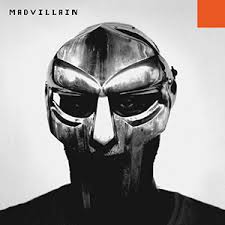



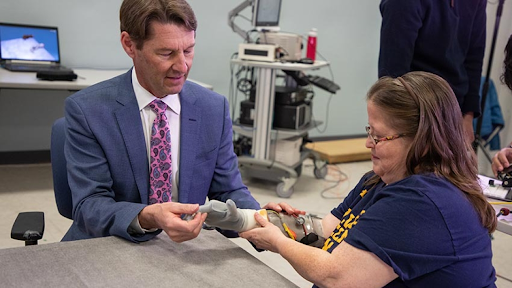













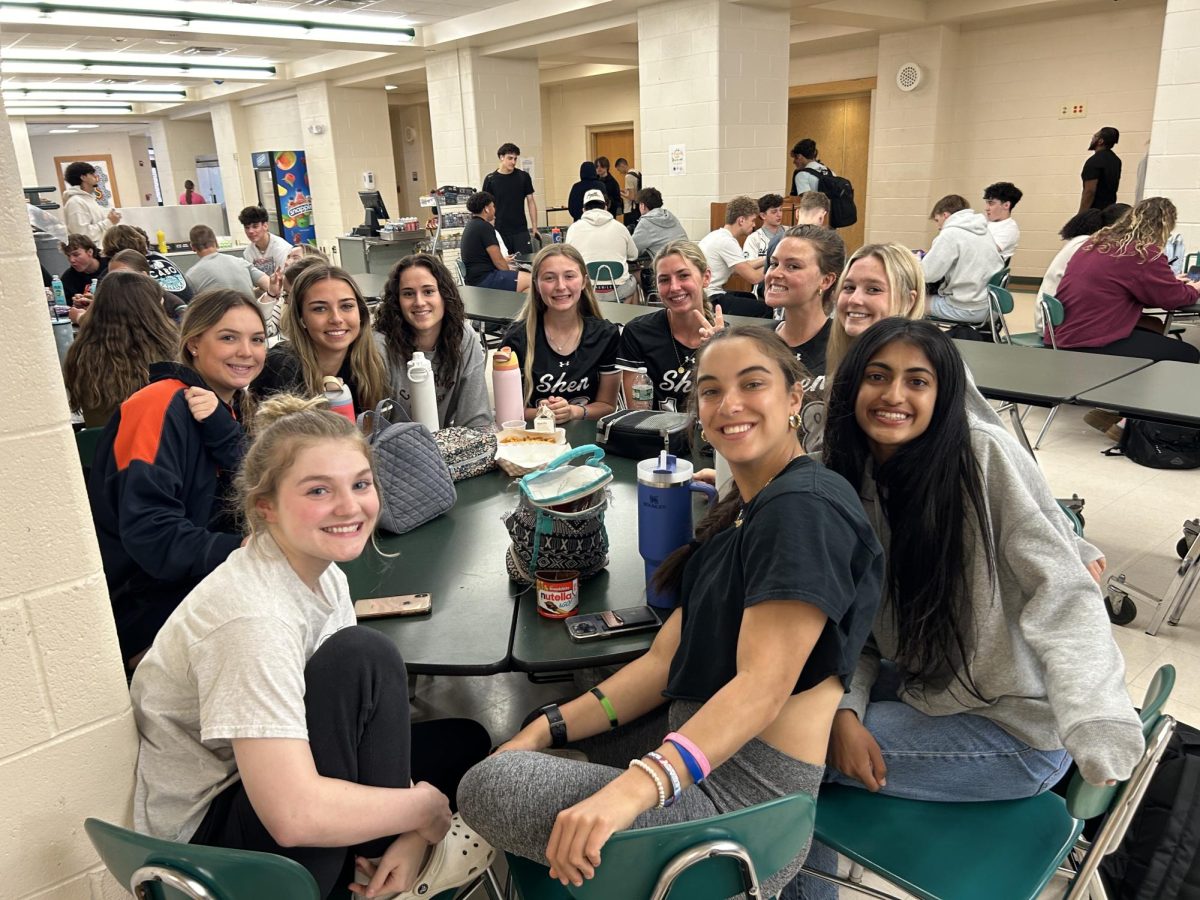



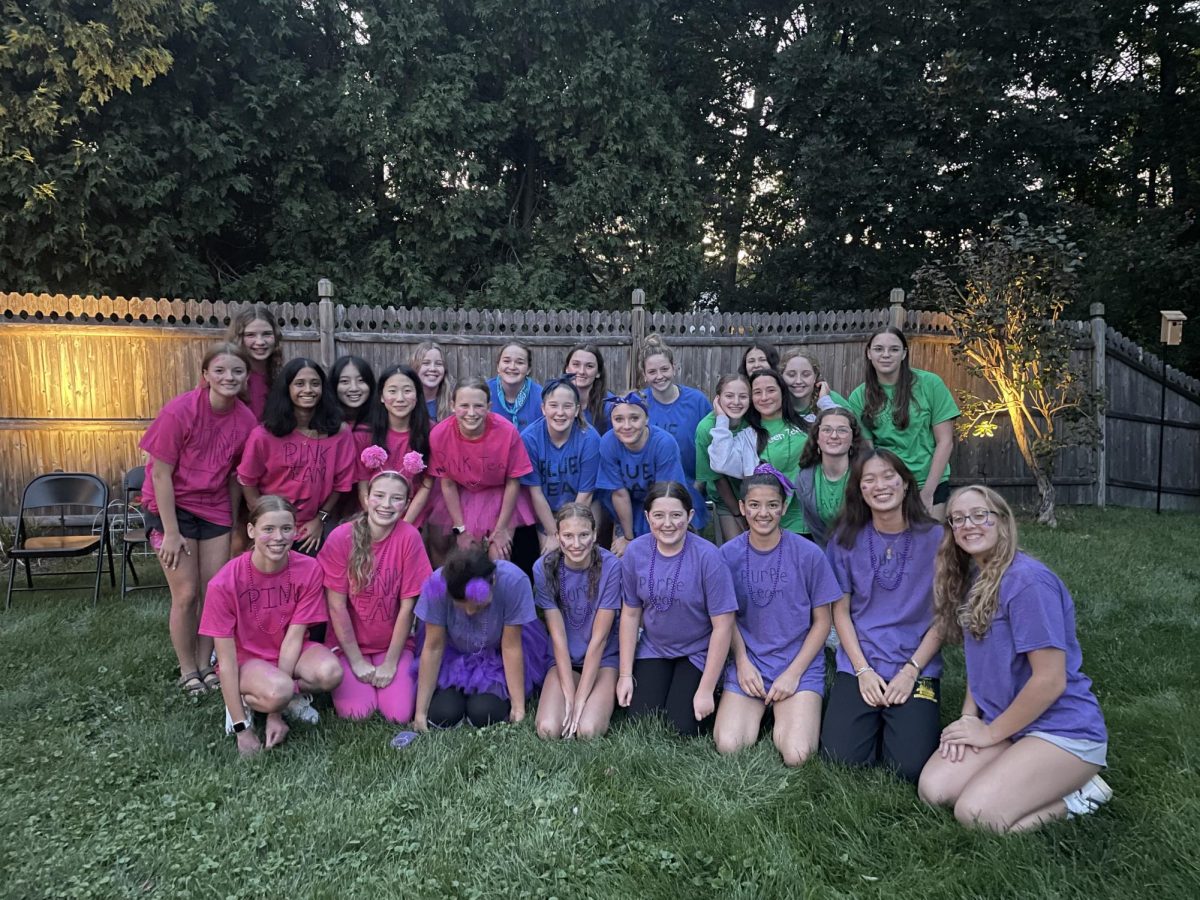
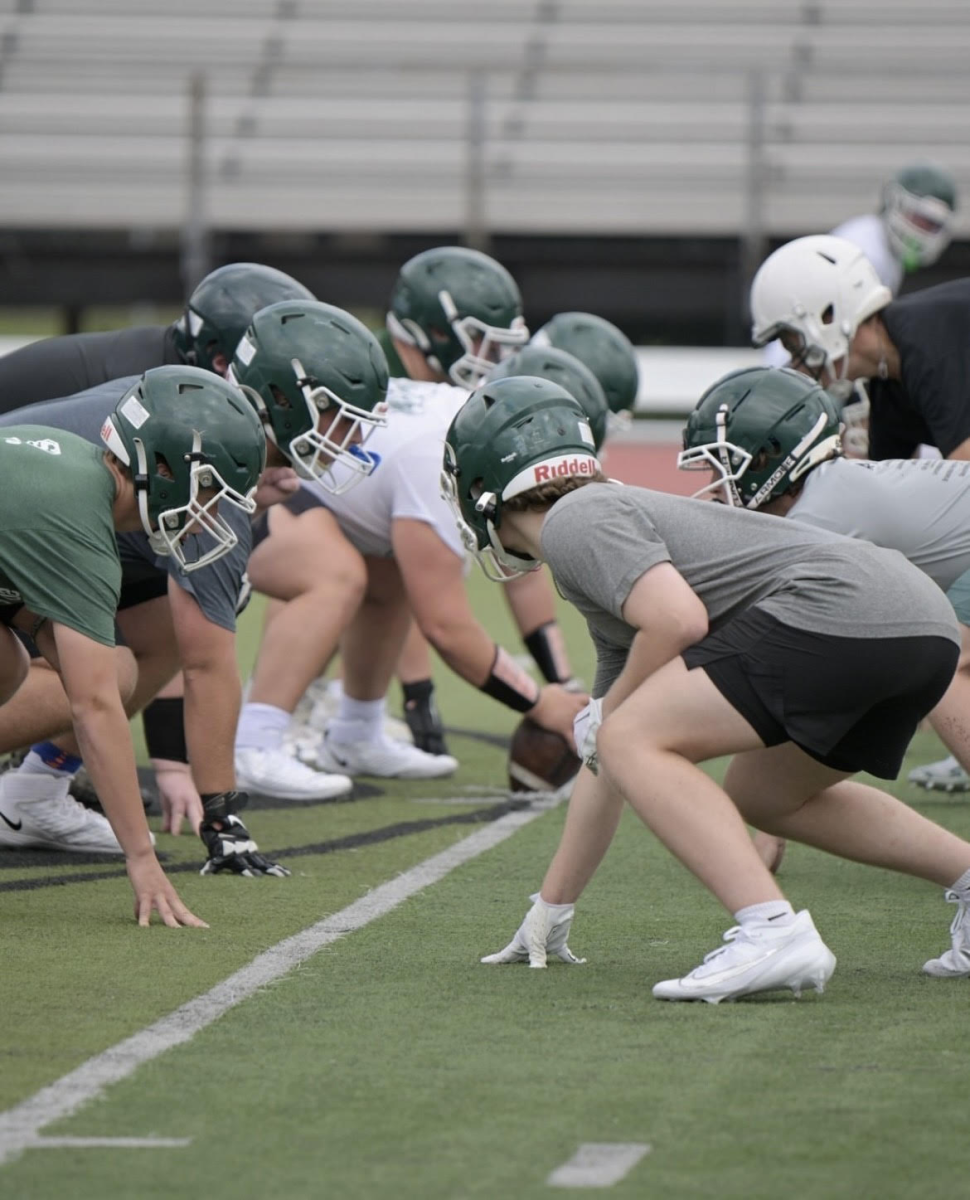
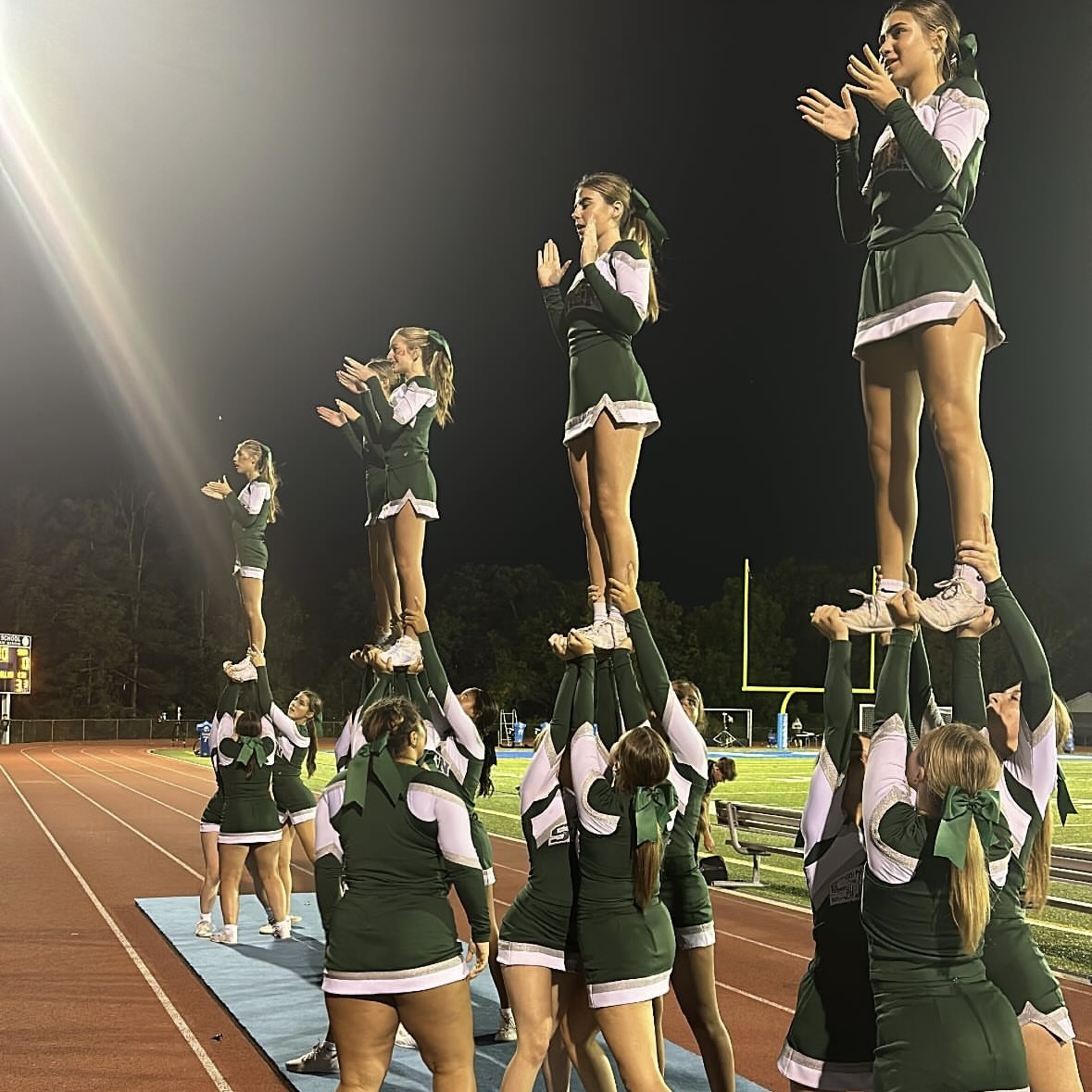


Tim • Dec 8, 2023 at 5:31 pm
The problem with Shen’s sex education’s policy is that they teach abstinence. As a former student of Shen(class of 2023) even I’ll admit that abstinence is not the answer. We all want less teen pregnancies and STIs,but giving out condoms and birth control is the answer. States with abstinence only education have higher teen pregnancies and STIs and Shen going down that path. Rather than say to avoid all sex until marriage(which is highly unrealistic as history has shown), the answer is to give out safe sex practices.